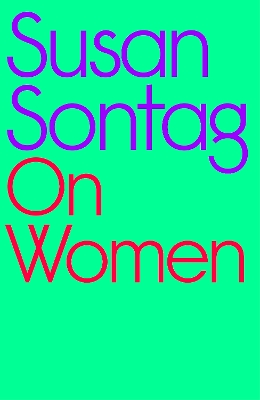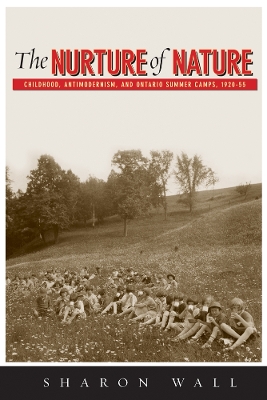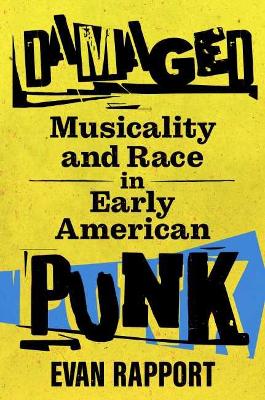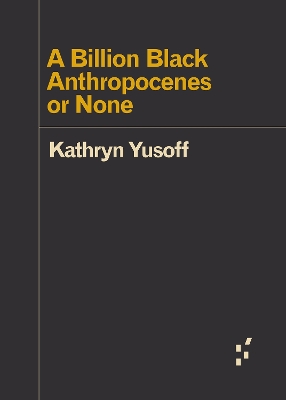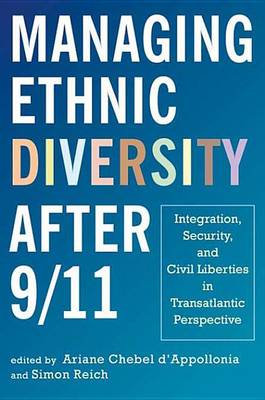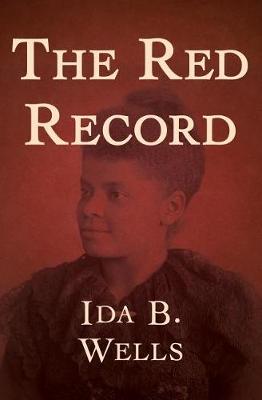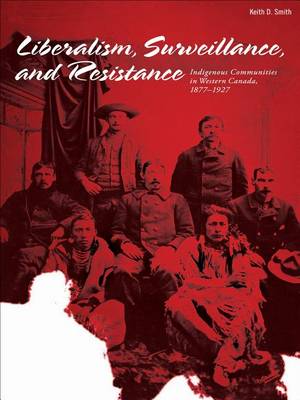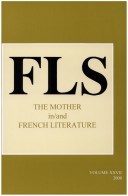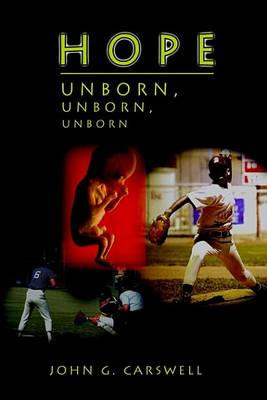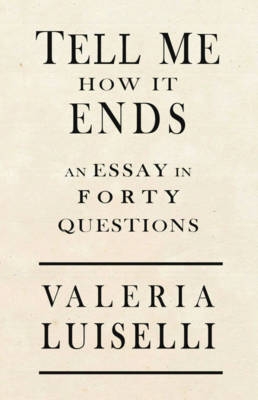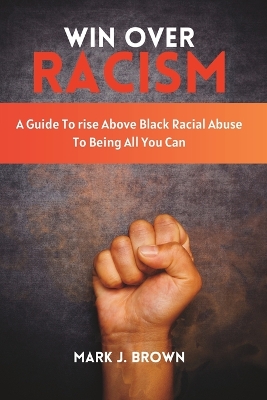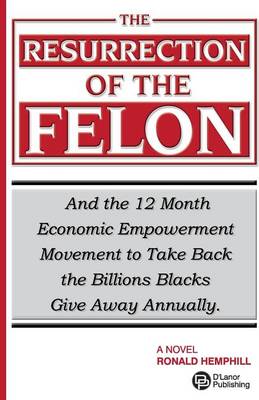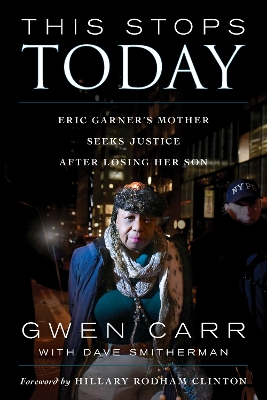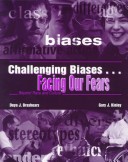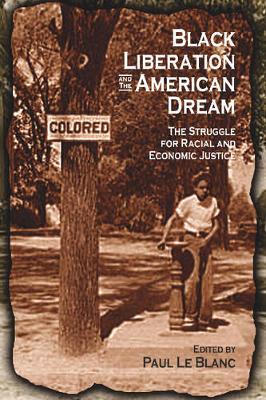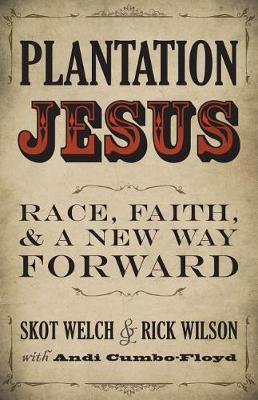Bringing together Susan Sontag's most fearless and incisive writing, On Women examines the oppression of women and the tools necessary for liberation.'Sontag is one of the most influential critics of her generation' New York Review of BooksFirst written in the 1970s during the height of second-wave feminism, Sontag's essays examine the 'biological division of labour', the double standard for ageing and the struggle for real power, topics which are strikingly relevant to our contemporary conversa...
The Nurture of Nature (Nature | History | Society) (Nature/History/Society)
by Sharon Wall
Thousands of children attended summer camps in twentieth-century Ontario. Did parents simply want a break, or were broader developments at play? The Nurture of Nature explores how competing cultural tendencies - antimodern nostalgia and modern sensibilities about the landscape, child rearing, and identity - shaped the development of summer camps and, consequently, modern social life in North America. A valuable resource for those interested in the connections between the history of childhood, th...
This first book-length examination of the Klan in Alabama represents exhaustive research that challenges traditional interpretations. The Ku Klux Klan has wielded considerable power both as a terrorist group and as a political force. Usually viewed as appearing in distinct incarnations, the Klans of the 20th century are now shown by Glenn Feldman to have a greater degree of continuity than has been previously suspected. Victims of Klan terrorism continued to be aliens, foreigners, or outsiders i...
New South African Review 6
by Samuel Kariuki, Jacqui Ala, Stephanie Allais, Doreen Atkinson, David Black, and Sarah Bracking
Despite the transition from apartheid to democracy, South Africa is the most unequal country in the world. Its extremes of wealth and poverty undermine intensifying struggles for a better life for all. The wide-ranging essays in this sixth volume of the New South African Review demonstrate how the consequences of inequality extend throughout society and the political economy, crippling the quest for social justice, polarising the politics, skewing economic outcomes and bringing devastating envi...
Damaged: Musicality and Race in Early American Punk is the first book-length portrait of punk as a musical style with an emphasis on how punk developed in relation to changing ideas of race in American society from the late 1960s to the early 1980s. Drawing on musical analysis, archival research, and new interviews, Damaged provides fresh interpretations of race and American society during this period and illuminates the contemporary importance of that era. Evan Rapport outlines the ways in whi...
The Subject of Race in American Science Fiction (Literary Criticism and Cultural Theory)
by Sharon DeGraw
While the connections between science fiction and race have largely been neglected by scholars, racial identity is a key element of the subjectivity constructed in American SF. In his Mars series, Edgar Rice Burroughs primarily supported essentialist constructions of racial identity, but also included a few elements of racial egalitarianism. Writing in the 1930s, George S. Schuyler revised Burroughs' normative SF triangle of white author, white audience, and white protagonist and promoted an ind...
A Billion Black Anthropocenes or None (Forerunners: Ideas First)
by Kathryn Yusoff
Rewriting the “origin stories” of the Anthropocene No geology is neutral, writes Kathryn Yusoff. Tracing the color line of the Anthropocene, A Billion Black Anthropocenes or None examines how the grammar of geology is foundational to establishing the extractive economies of subjective life and the earth under colonialism and slavery. Yusoff initiates a transdisciplinary conversation between feminist black theory, geography, and the earth sciences, addressing the politics of the Anthropocene with...
Norse Revival: Transformations Of Germanic Neopaganism
by Stefanie von Schnurbein
Norse Revival offers a thorough investigation of Germanic Neopaganism (Asatru) through an international and comprehensive historical perspective. It traces Germanic Neopaganism's genesis in German ultra-nationalist and occultist movements around 1900. It demonstrates how ambiguous ideas about Nordic myth permeate general discourses on race, religion, gender, sexuality, and aesthetics. Ultimately, Norse Revival raises the question whether Norse mythology can be freed from its reactionary ideologi...
Liberalism, Surveillance, and Resistance (West Unbound: Social and Cultural Studies)
by Keith D Smith
Canada is regularly presented as a country where liberalism has ensuredfreedom and equality for all. Yet with the expansion of settlers intothe First Nations territories that became southern Alberta and BC,liberalism proved to be an exclusionary rather than inclusionary force.Between 1877 and 1927, government officials, police officers, churchrepresentatives, ordinary settlers, and many others operated to excludeand reform Indigenous people. Presenting Anglo-Canadian liberalcapitalist values and...
The Mother in/and French Literature (French Literature, #27)
The essays in this volume investigate maternity and the figure of the mother in French literature from France, Switzerland, Quebec and Africa, from the seventeenth century to the present. Drawing on cultural history, psychoanalysis, and feminist theory, as well as more traditional methods, they present maternity as a source of frustration and of joy, mothers as repressed and revered, daughters as wounded and loving, sons as domineering and dependent. Indeed, few things are simple where mothers -...
"Humane yet often horrifying, Tell Me How It Ends offers a compelling, intimate look at a continuing crisis-and its ongoing cost in an age of increasing urgency." -Jeremy Garber, Powell's Books"Valeria Luiselli's extended essay on her volunteer work translating for child immigrants confronts with compassion and honesty the problem of the North American refugee crisis. It's a rare thing: a book everyone should read." -Stephen Sparks, Point Reyes Books"Tell Me How It Ends evokes empathy as it educ...
Textual Transvestism: (Re)Visions of Heloise (17th-18th-Centuries) (Faux Titre, #398)
by Nancy M. Arenberg
Textual Transvestism analyzes the flourishing of imitative versions of Heloise's and Abelard's love correspondence in the late 17th and 18th centuries. Current theoretical approaches on epistolarity, narratology, cultural, feminist and gender studies have been used to focus on the various transformations (rewriting, adapting, veiling, fragmenting) of Heloise's epistles, mainly in the hands of male writers. I employ close textual analysis to investigate how the multiple (re)visions of her epistol...
Schwarze Europaer Im Alten Reich (Transkulturelle Perspektiven, #11)
by Anne Kuhlmann-Smirnov
Early Feminist Pioneers, Their Lives, and Their Reform Efforts
by Satish Sharma
Early feminist pioneers contributed much to the functioning and reform of society, including making women's status and privileges equal to those of men. However, we still do not know enough about their efforts, strategies, sacrifices, and attainments. As such, through a focus on the lives and contributions of eight early female pioneers of England and America from the seventeenth century to the early twentieth century, this book helps to fill this gap. Among these women were religious and educat...
After the death of her son, Eric Garner, at the hands of New York City police officers on Staten Island went viral, Gwen Carr’s life changed forever. The illegal chokehold that took Garner’s life has been seared into the public consciousness forever as the large black man struggled to breathe while a white policeman held him down on a hot concrete sidewalk. His death set the tone for a new normal where young black men and women now automatically document police interactions with their cell phone...
Black Liberation and the American Dream
This interesting collection of essays and readings concentrates on the connections between racial justice and economic justice, but also explores the dynamic intersections of race, class, and gender. The underlying theme is that comprehending and acting upon such connections and intersections provide the key to overcoming racism. The volume begins with a lengthy introductory essay by editor Paul Le Blanc, which presents a coherent summary of African American history, with special focus on the c...
